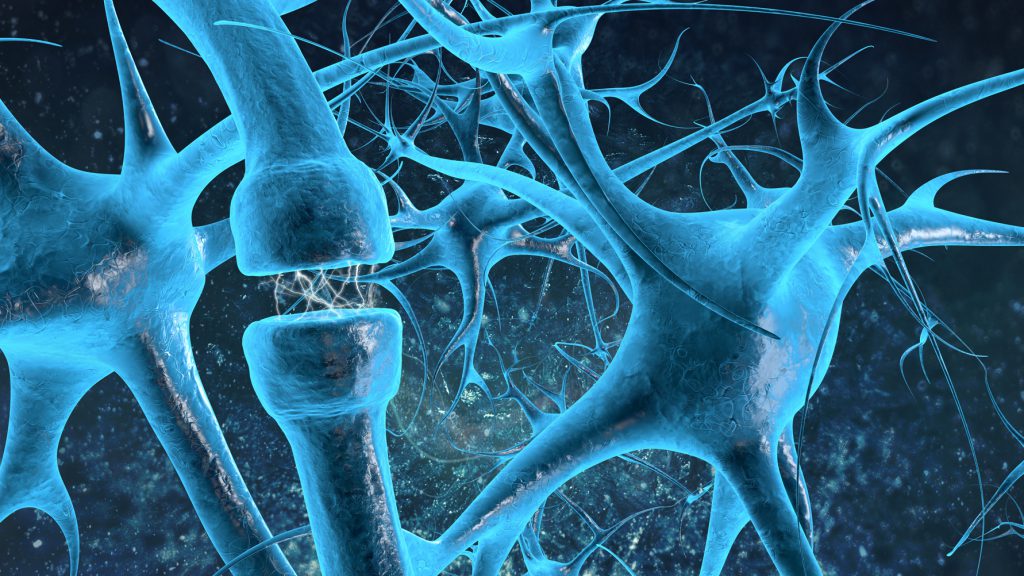
According to " Chadd.Org" Research has demonstrated that ADHD has a very strong neurobiological basis. Although precise causes have not yet been identified, there is little question that heredity makes the largest contribution to the expression of the disorder in the population. In instances where heredity does not seem to be a factor, difficulties during pregnancy, prenatal exposure to alcohol and tobacco, premature delivery, significantly low birth weight, excessively high body lead levels, and postnatal injury to the prefrontal regions of the brain have all been found to contribute to the risk for ADHD to varying degrees.
Research does not support the popularly held views that ADHD arises from excessive sugar intake, excessive television viewing, poor child management by parents, or social and environmental factors such as poverty or family chaos. Of course, many things, including these, might aggravate symptoms, especially in certain individuals. But the evidence for such individual aggravating circumstances is not strong enough to conclude that they are primary causes of ADHD. A related problem that has some accumulating evidence is sensitivity to food or additives such as colorings and preservatives. Several controlled double-blind studies suggest that these might be important for a minority of children with ADHD, and a couple of controlled studies suggest a small effect on all children whether or not they have ADHD. Further research on this connection is warranted.
Highlight text to read
ReplyDelete